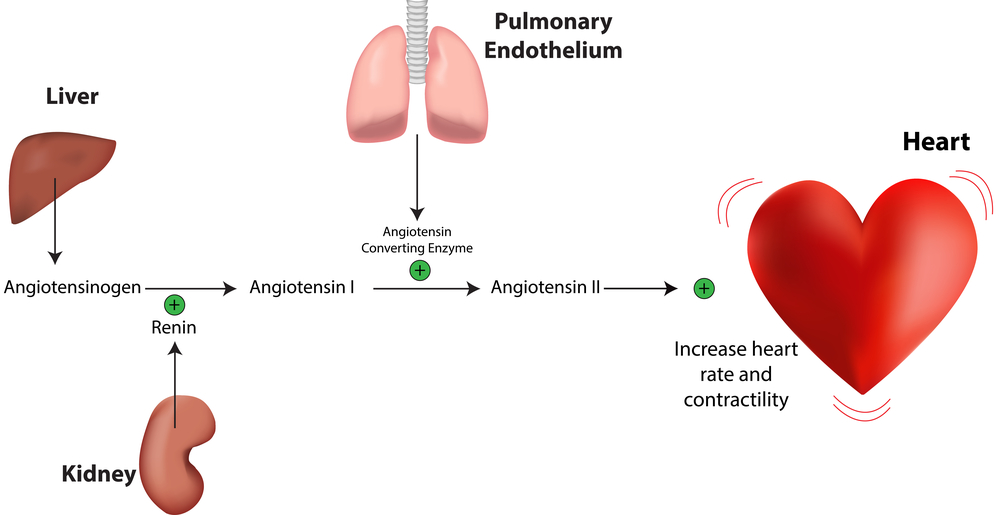Primary Aldosteronism Causes, Symptoms, Diagnosis and Treatment

What Is Primary Aldosteronism?
Primary aldosteronism is excess production of the hormone aldosterone by the adrenal glands resulting in low renin levels. Often it produces few symptoms.
The word “primary” means that the condition is caused by a problem in the adrenal glands. Problems outside of the adrenal glands can also lead to too much aldosterone, but these conditions are called secondary aldosteronism.
Primary aldosteronism is considered to be one of the more common causes of secondary hypertension (HTN).
Diagnosis and treatment of primary aldosteronism are important because people with this form of high blood pressure have a higher risk of heart disease and stroke.
Causes Of Primary Aldosteronism:
Primary aldosteronism can be caused due to:
- Bilateral idiopathic (micronodular) adrenal hyperplasia
- Adrenal adenoma (Conn’s syndrome)
- Primary (unilateral) adrenal hyperplasia
- Aldosterone-producing adrenocortical carcinoma
- Familial Hyperaldosteronism (FH)
- Glucocorticoid-remediable aldosteronism (FH type I)
- FH type II (APA or IHA
- Ectopic aldosterone-producing adenoma or carcinoma
- Over activity of both adrenal glands (idiopathic hyperaldosteronism)
Symptoms Of Primary Aldosteronism:
The following signs and symptoms re likely to be exhibited:
- Moderate to severe high blood pressure
- High blood pressure that takes several medications to control (resistant hypertension)
- High blood pressure along with a low potassium level (hypokalemia)
- occasional muscular weakness
- muscle spasms
- tingling sensations
- excessive urination
- manifestations of muscle cramps (due to hyperexcitability of neurons secondary to low blood calcium)
- Muscle weakness (due to hypoexcitability of skeletal muscles secondary to hypokalemia),
- Headaches (due to low blood potassium or high blood pressure)
Diagnosis Of Primary Aldosteronism:
The following tests and exams help in the diagnosis of primary aldosteronism:
- Abdominal CT scan
- ECG
- Plasma aldosterone level
- Plasma renin activity
- Serum potassium level
- Urinary aldosterone
- Oral salt loading
- Saline loading
- Fludrocortisone suppression test (FST)
- Adrenal vein sampling
Moreover, primary aldosteronism may also affect the results of the following tests:
- Blood bicarbonate
- Blood magnesium
- Blood sodium
- Urine potassium
- Urine sodium
Treatment Of Primary Aldosteronism:
Treatment of primary aldosteronism varies according to the underlying cause.
The following options are available:
- Treatment for adrenal tumor
Surgical removal of glands
Aldosterone-blocking drugs
o mineralocorticoid receptor antagonists - Treatment for over activity of both adrenal glands
Medications
o spironolactone (Aldactone)
Lifestyle changes
o Regular exercise
o Stopping smoking
o Limiting alcohol use
By : Natural Health News




